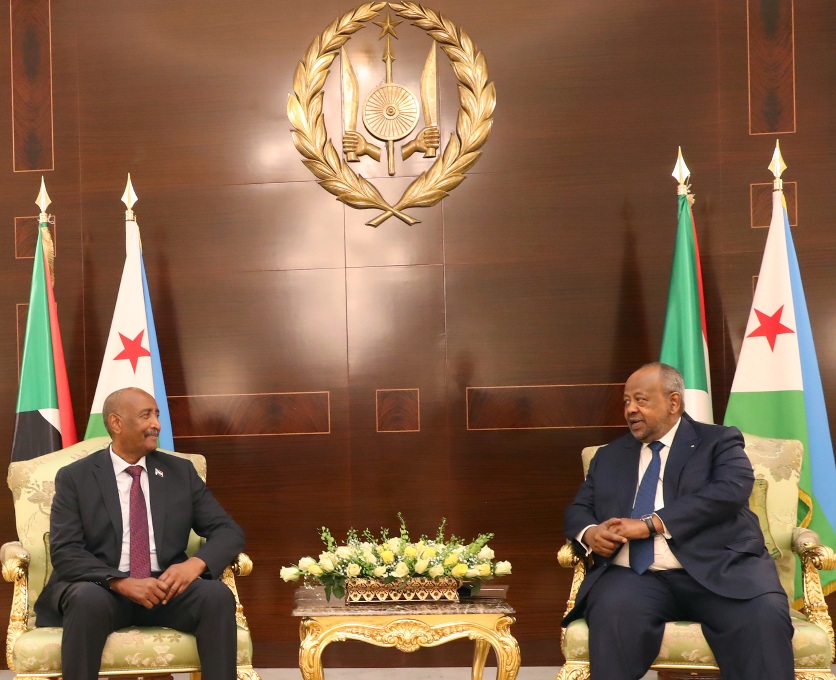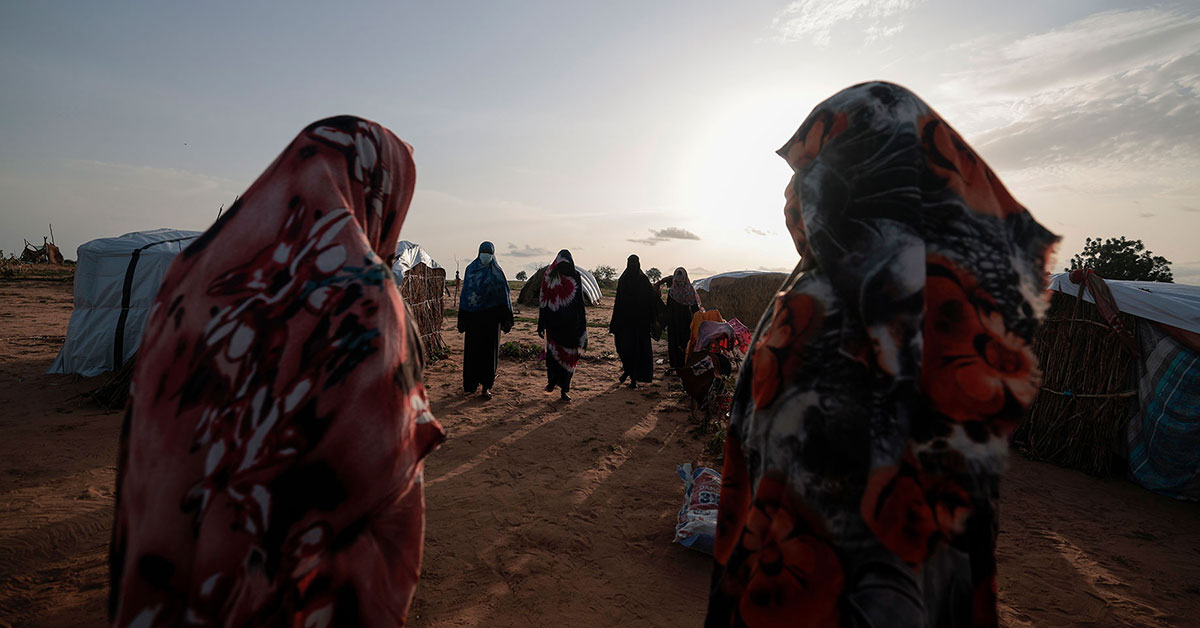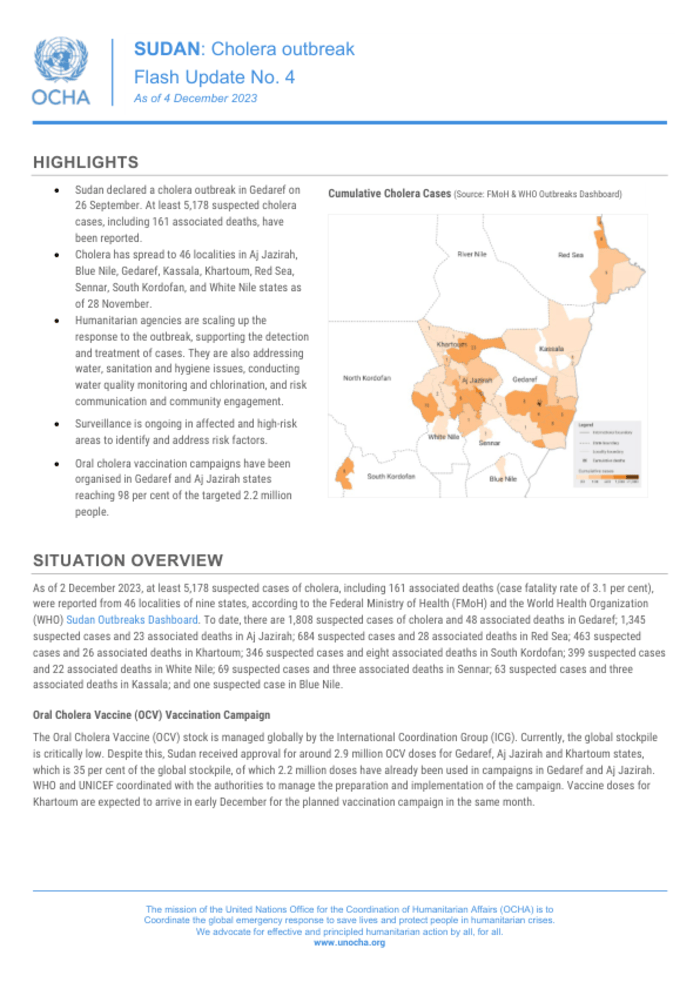Talk of the devil:
Sudan will definitely come out of this with a dictatorship. It will be influenced by whoever finances reconstruction, which is why the UN, Turkey, and Arab countries are already talking about the rebuilding process. That's one of the many reasons why I and other Sudanis believe that this war was planned from within, as plenty of local elites stand to benefit from this.
From those that I interacted with (various tribes/regions and social classes), it seems like the majority Sudanis prefer a dictatorship over a democracy. Even those that were hardcore pro-democracy are now yearning for an authoritarian government, especially after years of anarchy and a civil war.
Indeed. Preemptive first-mover anxiety by elites at the end of the Al-Bashir rule was one of the big reasons fueling the tensions to seek a greater share of leadership and economic dominance. This includes the influential financial, political, and ethnic-tribal regional elites who had a section of the pie, with help from the broader instrumentalization of regional players.
The issue with democracy is that it is not truly a neutral project. For it to work, certain societies require a tremendous shift. The dirty secret is that shift is done through excessive violence when the mean social organization has an Overton window somewhere else entirely with different ground-based relational rules between traditional forces. When you have made that change, you still have the realities on the ground that threaten such a setup, so you have to take an authoritarian role, otherwise, you're removed quickly, leading toward a once-more regional de-stabilization -- case in point, Afewerki.
Introducing words of democracy and revolution is irresponsible in such a reality. Changes have to come from iteration in the social sphere, slowly. This ephemeral going to the street business does not lead to anything fruitful. For example, Egypt had a stable country for several decades with the previous dictator, Hosni Mubarak. An overturn took place. They got a democratically elected person who happened to be religious-leaning, which the higher classes did not want. These middle-class-and-up people started marching against a rightfully elected person to overthrow him at the cost of security, all to have the junta come in and take over. Now, the middle and above economic class demographic supports the dictator because Sisi happens to be more liberal. Out goes those superficial (yet pragmatic) slogans of freedom and democracy. Not to mention, the West is happy since Sisi plays things in their favor.
Revolution is appreciated in the West because the current paradigm is the victor of such change. It's a system validating itself. And revolution can be a way for the West to influence foreign powers when their interests are rejected. How many revolutions and coups did America incite in Latin America at the cost of the people there to meet their external objectives? The current leadership of Iran was supported by America when the Shah rejected exploitation by building a pipeline through the country. The Shah was ideologically closer to the West than the current regime.
In considerable observations, people choose self-interests above principles of values. But the language of principles of values comes into play as a mechanism to gain their self-interests.







